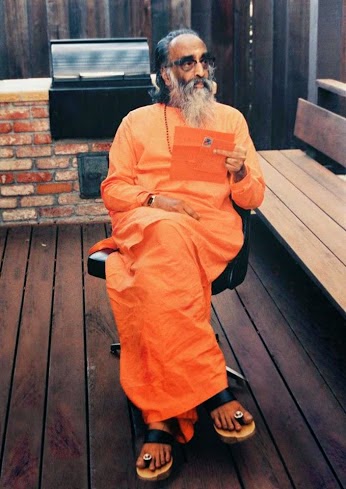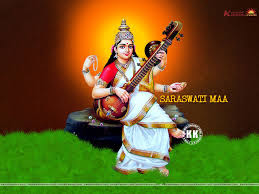Vedantasara :20.
201. General discipline (Yama) consists of non-injury, truthfulness, non-stealing, continence and non-acceptance of gifts.
202. Particular discipline (Niyama) consists of cleanliness, contentment, austerity, study of the scriptures and meditation on God.
203. Posture (Asana) means the placing of the hands, feet, etc., in particular positions, such as Padmasana, Svastikasana etc.,
204. Control of the vital force (Pranayama) refers to exhalation, inhalation and retention of breath, which are means to the control of
the vital force.
205. Self-withdrawal (Pratyahara) is the withdrawing of the sense-organs from their respective objects.
206. Concentration (Dharana) means the fixing of the mind on Brahman, the One without a second.
207. Meditation (Dhyana) is the intermittent resting of the mental state on Brahman, the One without a second.
208. Absorption (Samadhi) is what has already been described as attended with self-consciousness (Savikalpa).
209. The Nirvikalpa Samadhi, of which these are the steps, has four obstacles, viz., torpidity, distraction, attachment and enjoyment.
210. Torpidity (Laya) is the lapse of the mental state into sleep because of the failure to rest on the Absolute.
Continues...



.jpg)
Comments